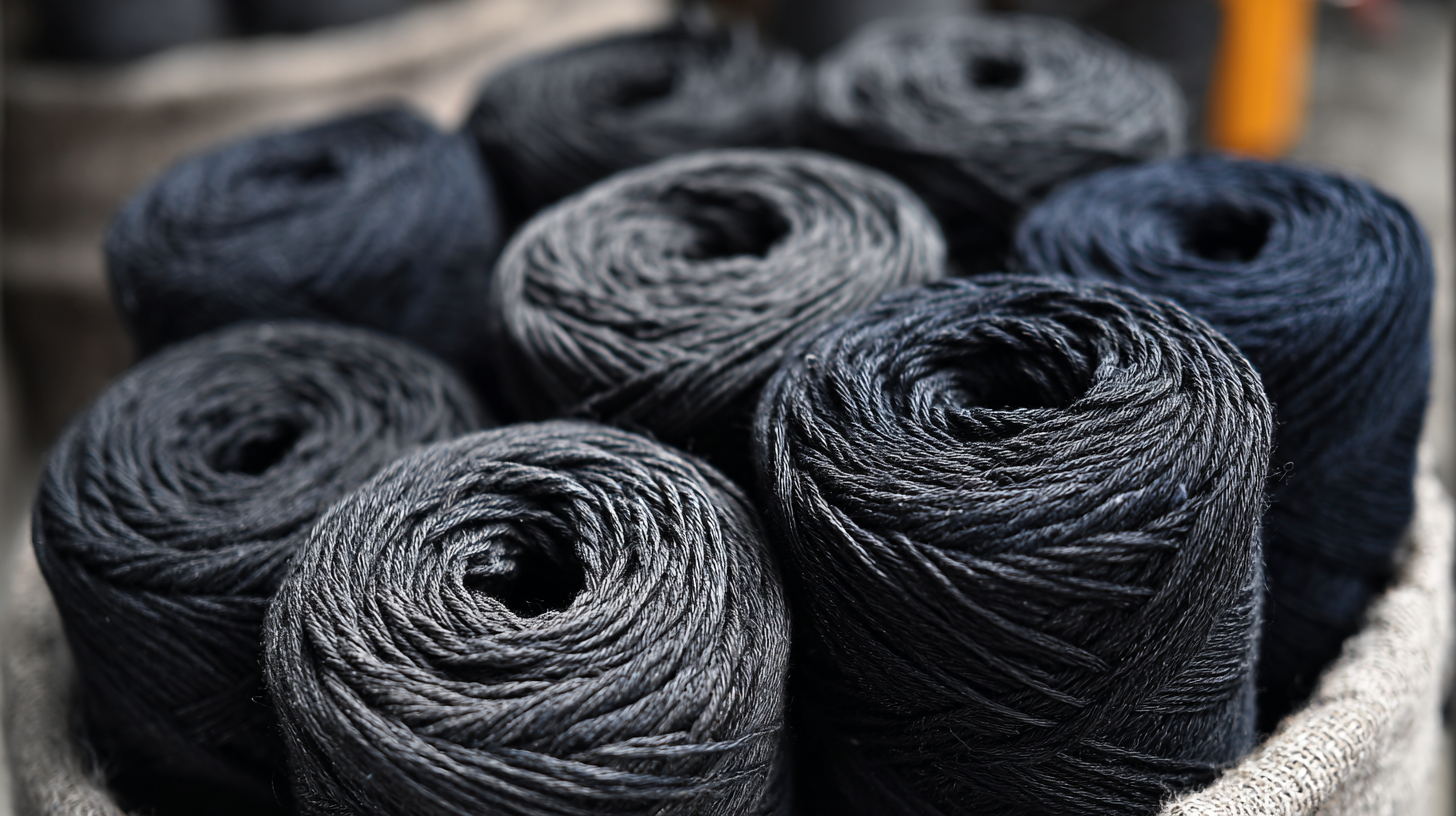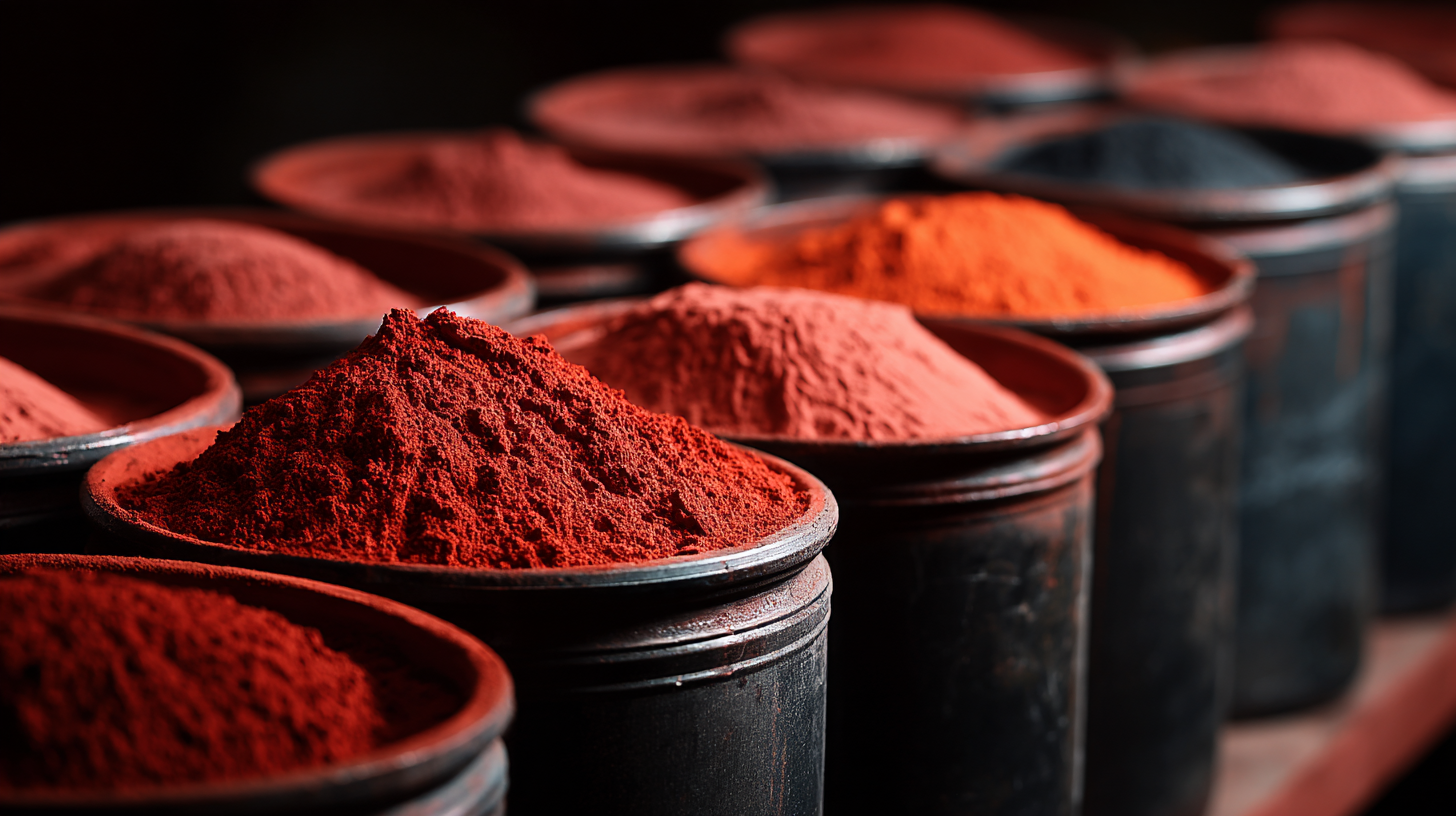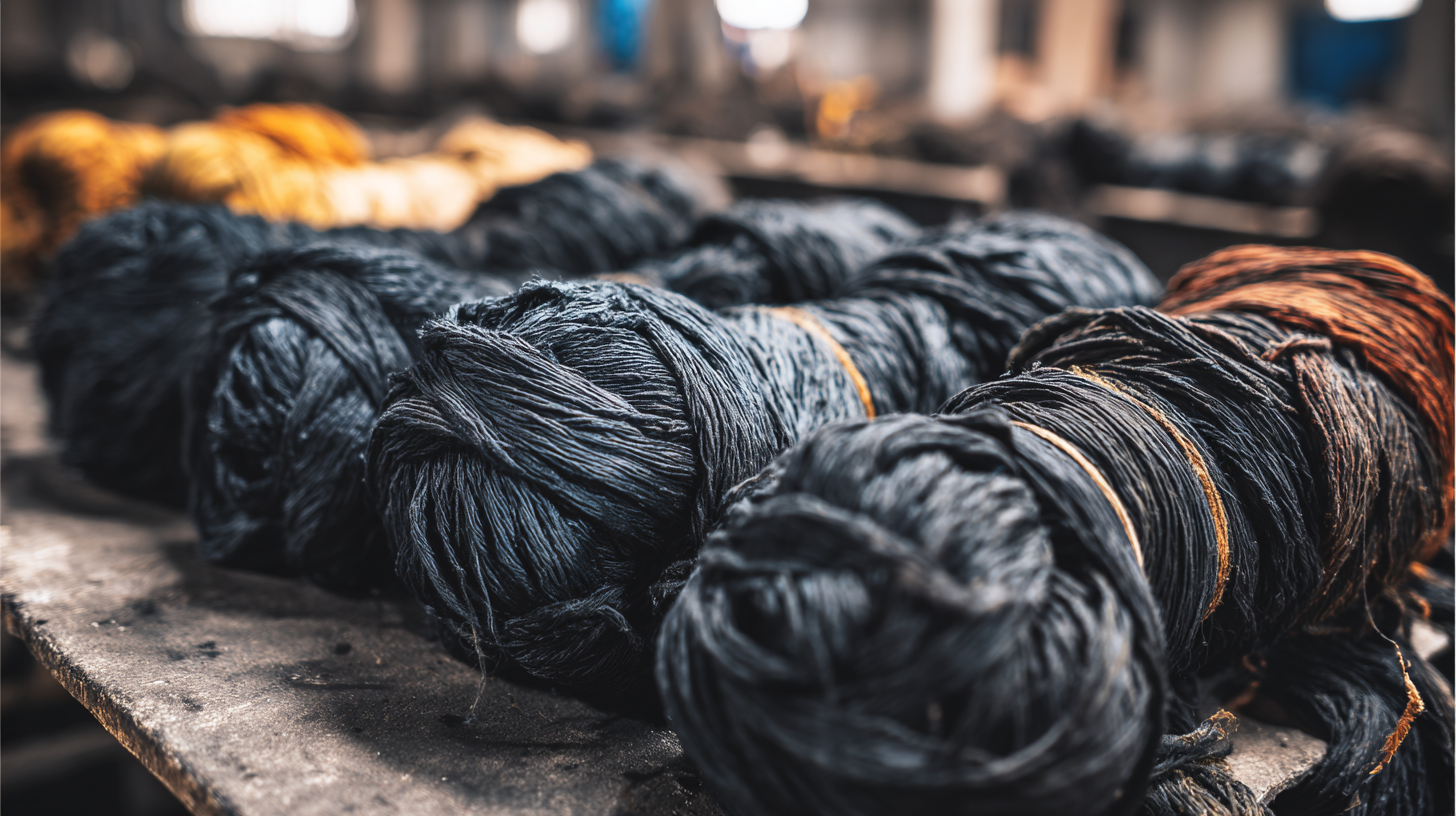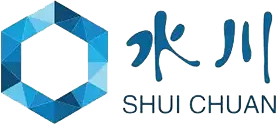In the competitive landscape of global textile manufacturing, sourcing high-quality materials is paramount to success, particularly when it comes to finding quality suppliers for Black Direct Dye. This versatile dye is crucial in achieving vibrant and lasting color outcomes across various fabrics, making it a staple for manufacturers concerned with both aesthetic appeal and durability. However, navigating the complexities of international sourcing can be daunting, with an abundance of suppliers offering varying degrees of quality and reliability.

To aid buyers in their quest for the best Black Direct Dye, we’ve compiled a comprehensive checklist that outlines essential considerations, from evaluating supplier credentials to understanding industry standards and sustainability practices. By adhering to this guide, global buyers can ensure more informed and strategic decisions, driving their businesses toward enhanced product excellence and customer satisfaction.
 When it comes to sourcing black direct dyes, the significance of finding quality suppliers cannot be overstated. High-quality dyes not only enhance the final product’s appearance but also ensure better performance and longevity. Selecting the right supplier means considering their manufacturing practices, the purity of their materials, and their sustainability efforts. Reliable suppliers often provide certification and documentation to back up their claims, which is crucial for maintaining the quality of your end products.
When it comes to sourcing black direct dyes, the significance of finding quality suppliers cannot be overstated. High-quality dyes not only enhance the final product’s appearance but also ensure better performance and longevity. Selecting the right supplier means considering their manufacturing practices, the purity of their materials, and their sustainability efforts. Reliable suppliers often provide certification and documentation to back up their claims, which is crucial for maintaining the quality of your end products.
Tips: Always request samples before making a large purchase. This allows you to assess the dye's quality and compatibility with your production processes. Additionally, check for customer reviews and testimonials. Engaging with other companies that have worked with potential suppliers can provide insights into their reliability and product efficacy. Regular communication is also key; a responsive supplier can quickly address any concerns, ensuring a smoother production line.
In the ever-evolving landscape of textile production, the need for consistency in color fastness and shade accuracy cannot be ignored. Quality suppliers often invest in advanced technology and adhere to regulatory standards, ensuring that their dyes meet industry expectations. This commitment to quality benefits not only the manufacturer but also the end consumer, reinforcing brand loyalty and trust.
When sourcing black direct dye suppliers, global buyers should prioritize several key factors to ensure quality and reliability. According to a report by Market Research Future, the global dye market is projected to grow at a CAGR of 5% from 2021 to 2026, underscoring the increasing demand for high-quality dyes, including direct blacks. One of the most critical elements to consider is the supplier's compliance with international standards and certifications, such as ISO 9001, which ensures consistent quality management processes.
Additionally, it is essential to evaluate the supplier's manufacturing capabilities and technology. A survey conducted by Smithers Pira indicates that over 60% of companies prioritize suppliers with advanced production techniques to meet specific dye performance requirements. Furthermore, buyer-supplier relationships are vital; establishing strong communication channels and understanding the supplier's supply chain can lead to more advantageous pricing and better service levels. Engaging with suppliers who demonstrate transparency in their sourcing of raw materials can also mitigate risks related to sustainability and compliance with environmental regulations.
When sourcing black direct dyes, it’s essential for global buyers to understand the top qualities that distinguish reliable dye manufacturers. According to a report by Grand View Research, the global dye market is projected to reach $66.6 billion by 2025, highlighting the growing demand for high-quality dyes. This increasing competition emphasizes the need for buyers to prioritize manufacturers that not only offer diverse product lines but also possess strong sustainability practices. A manufacturer’s commitment to environmentally friendly production can greatly influence the overall quality of their dyes, as responsible practices often lead to better raw material sourcing and improved dye formulations.
Furthermore, certifications such as ISO 9001 and OEKO-TEX® are critical indicators of a supplier's reliability. According to a study by Technavio, manufacturers with these certifications are more likely to adhere to international standards of quality and safety, which can significantly reduce the risk of product defects and compliance issues. Additionally, potential buyers should consider the manufacturer’s capacity for innovation and research and development. A supplier that invests in R&D is often more adept at adapting to market trends and customer needs, resulting in advanced dye products that meet the evolving demands of various industries.

When sourcing high-quality black direct dyes, discerning buyers must pay close attention to the certifications and standards of their suppliers. Essential certifications such as ISO 9001 for quality management systems can indicate a supplier's commitment to producing consistent and reliable products. Compliance with environmental standards like ISO 14001 shows that a supplier prioritizes eco-friendliness in their manufacturing processes. Furthermore, the Global Organic Textile Standard (GOTS) certification is crucial for those targeting sustainable practices, ensuring that the dyes used are non-toxic and ethically sourced.
Moreover, buyers should inquire about other relevant certifications specific to the dyeing industry. Certifications from organizations such as the OEKO-TEX® Standard can assure that the dyes are free from harmful substances, making them safer for both the environment and end-users. It is also important to consider suppliers who adhere to REACH regulations, especially when sourcing from Europe, as this ensures compliance with safety and chemical standards. By focusing on these essential certifications and standards, global buyers can secure reliable suppliers and contribute to a responsible and sustainable dyeing practice.
In the ever-evolving global dye market, establishing strong partnerships with reliable suppliers is crucial for buyers looking to thrive. As projected, the global apparel market for dyes is expected to witness a significant surge, reaching approximately $7.29 billion by 2025, and growing to an impressive $16.02 billion by 2033, marking a compound annual growth rate (CAGR) of around 10.34%. Such growth underscores the importance of sourcing high-quality materials from suppliers who can meet the rising demand.
Building strong relationships with global dye suppliers begins with thorough research and understanding of market dynamics. Buyers should prioritize suppliers that adhere to sustainability standards, as the market for bio-based chemicals is anticipated to expand significantly by 2032. This growth indicates a shift towards environmentally-friendly products, so partnering with suppliers who innovate in sustainable dye production can offer a competitive advantage. Furthermore, recent developments in the industry, such as strategic acquisitions, highlight the need for buyers to remain informed about supplier capabilities to ensure they are aligned with the latest technological advancements and market trends.
